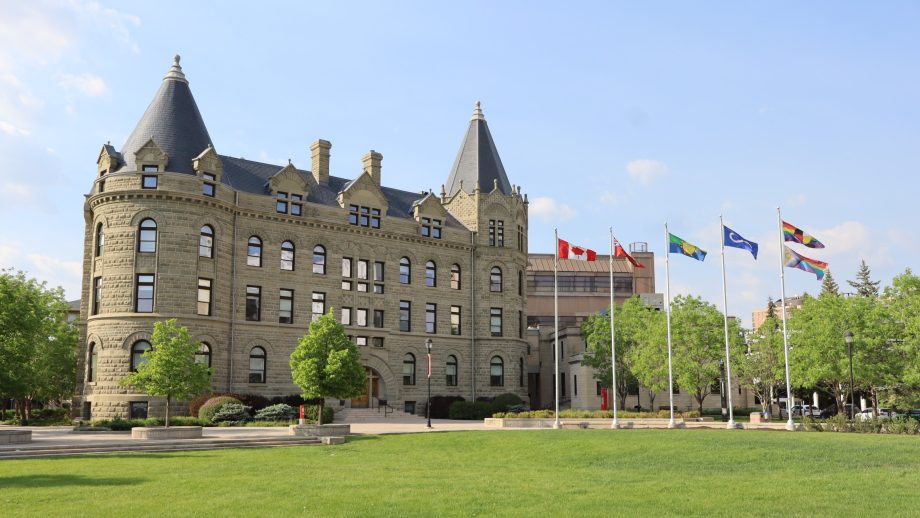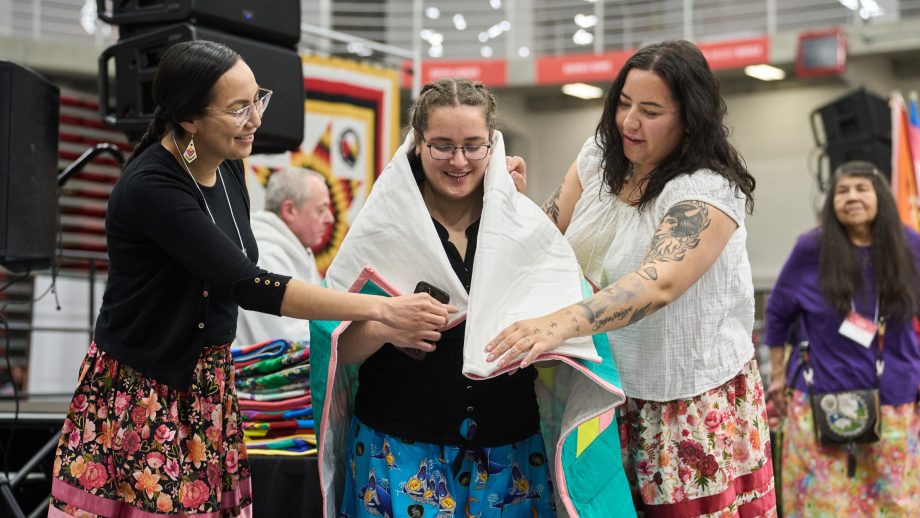Everyone is invited to attend an all-party election forum on the future of Manitoba’s fish and fishery resources.
Manitoba’s fishery resources are important to all Manitobans. For many, and especially Indigenous peoples, they are an important source of food. We also have a large and economically important recreational fishery and a commercial fishing industry that provides employment across the province.This is especially important in rural and northern communities where alternative employment opportunities may be limited. All user groups share an interest in managing our fishery resources in a sustainable manner, ensuring a healthy resource now and into the future. But our fishery resources face many challenges: the risk of over-harvest; a changing climate; the introduction of exotic species; and eutrophication of our great lakes.
ELECTION FORUM
WHEN: Tuesday, April 5, 2016
7:00 to 9:00 pm
WHERE: Eckhardt Gramatté Hall
3rd floor, Centennial Hall, University of Winnipeg
515 Portage Avenue
WHO:
Presentations by stakeholders followed by discussions with candidates
Shannon Martin, Progressive Conservative – confirmed
Dave Nickarz, Green Party – confirmed
Liberal Party
NDP Party
Hosted by UWinnipeg’s Richardson College for the Environment. Moderated by Bartley Kives, journalist with the Winnipeg Free Press.
BACKGROUND
Recently Manitoba fisheries have come under the scrutiny of outside agencies. Last November, Seafood Watch declared the commercial fisheries on our big lakes as among the most poorly managed in the world. Concerns were raised about inadequate data for management, an inability of regulate harvests in a timely manner, poorly regulated by-catch, and management policies that do not reflect the underlying biology. As a consequence, it recommended that consumers avoid fish from our lakes. At the same, some of our fisheries, such as the Waterhen Lake pike and walleye fisheries, are among the best-managed in the world, having been certified as sustainable by the Marine Stewardship Council. Clearly we have the potential to manage our fishery resources well.
Our common fishery resources are shared by the different user groups. A major data gap, however, is how much is taken in the recreational fishery. That catch appears to be growing, especially on Lake Winnipeg. How large is the harvest, and when combined with commercial and Indigenous fisheries, is it sustainable? Much recent discussion has focused on the ecocertification of our commercially harvested fish. More and more consumers and retailers who serve them are insisting on sourcing product only from ecocertified stocks. This has far reaching implications not only for commercial fishers, but for all who share the resource. Currently opinion is divided about whether ecocertification is a boon or bane for Manitobans.
This public all-party election forum on fish and fisheries will explore these and related questions in a session that will include presentations from the different stakeholder groups, and a question and answer session among politicians representing parties participating in the provincial election.
FOR MORE INFORMATION
Scott Forbes, Department of Biology, University of Winnipeg
E: s.forbes@uwinnipeg.ca P: (204) 786-9441




